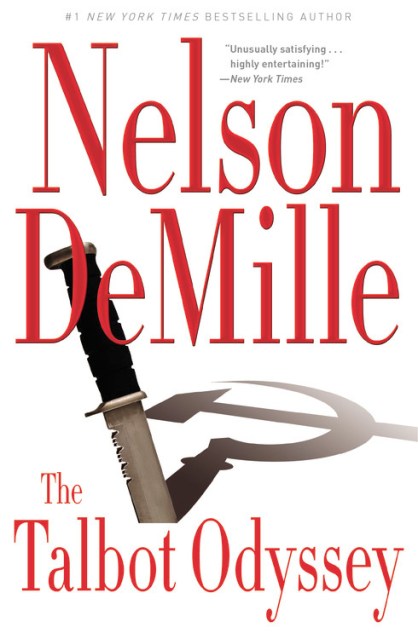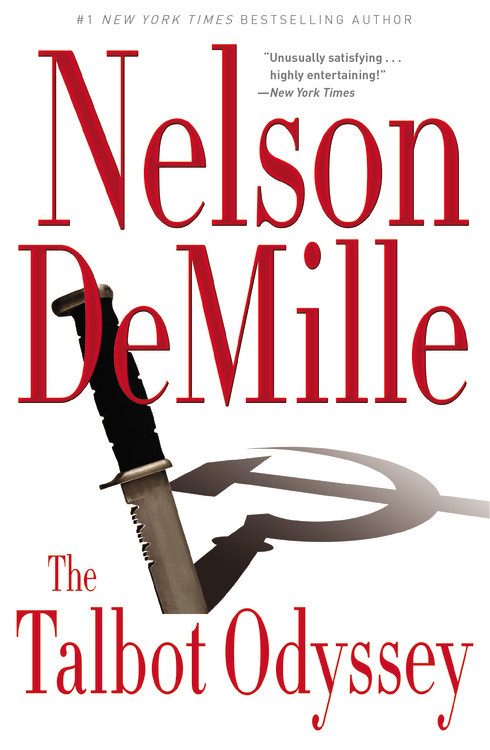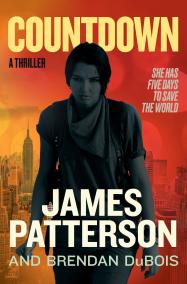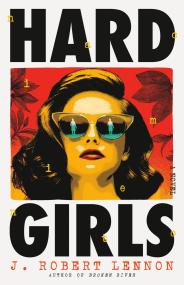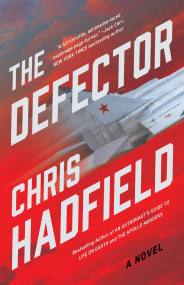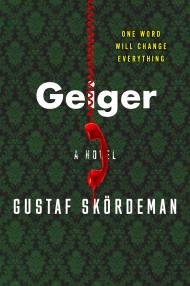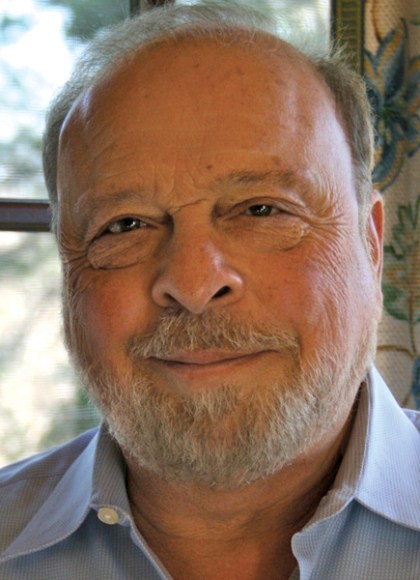The Talbot Odyssey
Contributors
Formats and Prices
Price
$16.00Price
$19.50 CADFormat
Format:
- Trade Paperback $16.00 $19.50 CAD
- ebook $9.99 $12.99 CAD
- Audiobook Download (Unabridged)
- Mass Market $9.99 $11.99 CAD
This item is a preorder. Your payment method will be charged immediately, and the product is expected to ship on or around August 25, 2015. This date is subject to change due to shipping delays beyond our control.
Also available from:
WITH 50 MILLION BOOKS SOLD WORLDWIDE, NELSON DEMILLE IS “A TRUE MASTER.” – DAN BROWN
It started as a simple spy hunt. It became a desperate battle to save the West.
For forty years Western intelligence agents have known a terrible secret: the Russians have a mole — code-named Talbot — inside the CIA. At first Talbot is suspected of killing European agents. Then a street-smart ex-cop uncovers a storm of espionage and murder on the streets of New York, while in a Long Island suburb a civic demonstration against the Russian mission masks a desperate duel of nerves and wits.
Engineered by Talbot, a shadow world of suspicion and deceit is spilling onto the streets — leading to a new Soviet weapon and a first-strike war plan threatening the foundations of American government.
For the U.S., time is running out. For Talbot, the time is now.
It started as a simple spy hunt. It became a desperate battle to save the West.
For forty years Western intelligence agents have known a terrible secret: the Russians have a mole — code-named Talbot — inside the CIA. At first Talbot is suspected of killing European agents. Then a street-smart ex-cop uncovers a storm of espionage and murder on the streets of New York, while in a Long Island suburb a civic demonstration against the Russian mission masks a desperate duel of nerves and wits.
Engineered by Talbot, a shadow world of suspicion and deceit is spilling onto the streets — leading to a new Soviet weapon and a first-strike war plan threatening the foundations of American government.
For the U.S., time is running out. For Talbot, the time is now.
- On Sale
- Aug 25, 2015
- Page Count
- 608 pages
- Publisher
- Grand Central Publishing
- ISBN-13
- 9781455581832
By clicking 'Sign Up,' I acknowledge that I have read and agree to Hachette Book Group’s Privacy Policy and Terms of Use
